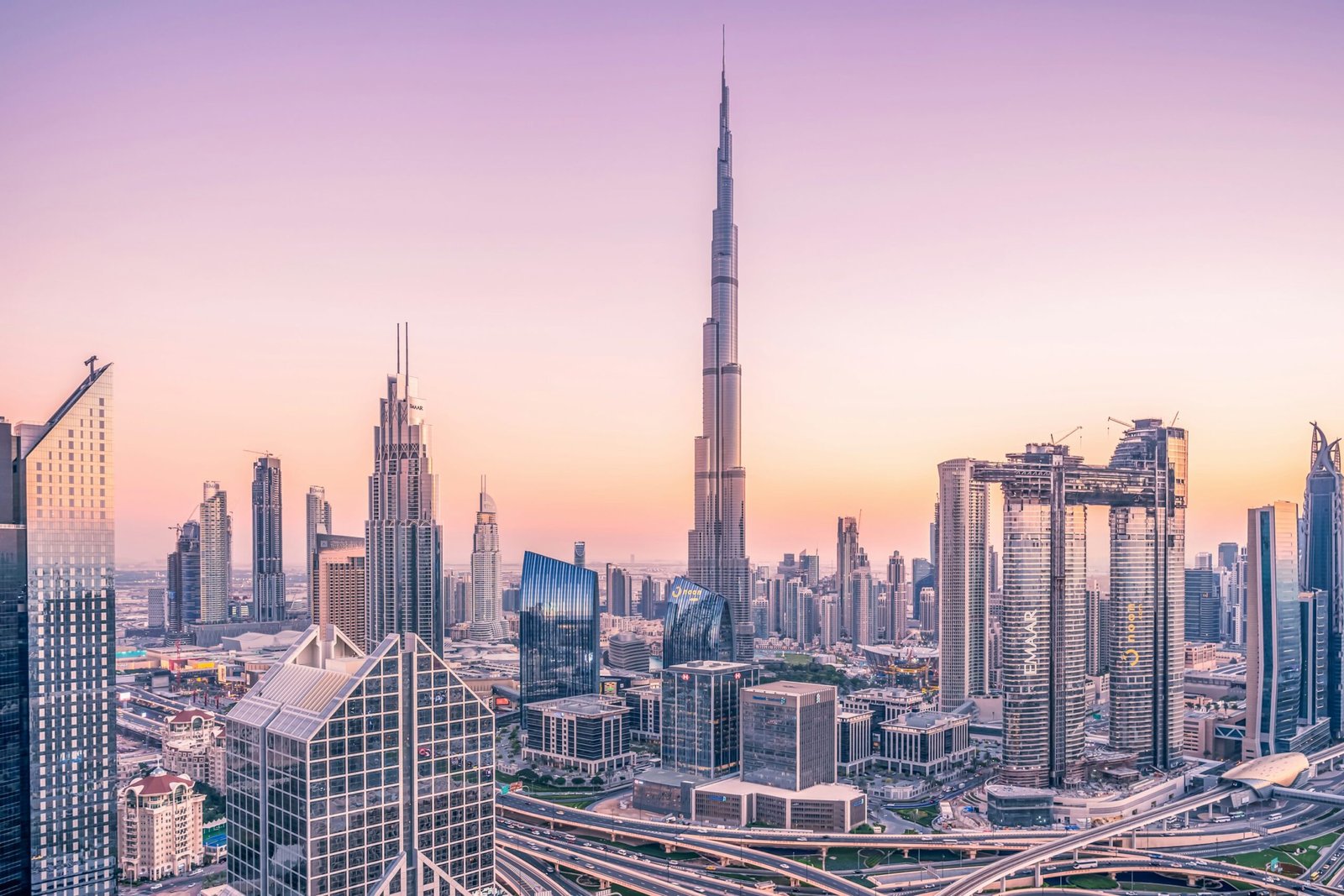
Dubai is known around the world for its tall skyscrapers, luxury lifestyle, and high-tech infrastructure. Now, the city is becoming a global leader in a new area—smart buildings. These are buildings that use modern technology to save energy, improve safety, and offer a better quality of life to the people inside.
In 2025, smart buildings in Dubai are not just a trend—they are part of a larger plan to make the city one of the smartest and most sustainable in the world.

A smart building is a structure that uses technology and automation to manage systems like lighting, air conditioning, elevators, security, and even water usage. These systems are connected through the Internet of Things (IoT), which means they can collect data and learn from it to work more efficiently.
For example:
These features save energy, reduce costs, and improve comfort and safety.

Dubai’s smart building push is part of its Dubai 2040 Urban Master Plan and the Dubai Clean Energy Strategy 2050. The goal is to cut energy use, lower carbon emissions, and make city life better through innovation.
The city wants 30% of its buildings to be “smart” by 2030. As of now, hundreds of smart buildings are already running, and more are under construction.
Dubai also launched the Dubai Smart City project, which connects data from buildings, roads, public services, and more into one digital system. This helps government leaders and developers make better decisions.

Here are some of the top technologies being used in Dubai’s smart buildings:
These small devices track everything from temperature to motion. They help the building “learn” and make smarter choices, like lowering the AC when a room is empty.
Artificial Intelligence helps predict maintenance issues, such as when a lift might need service. It can also study how people use spaces and suggest better designs.
These systems watch how much energy a building uses and find ways to reduce waste. Many smart buildings in Dubai now use solar panels, smart lighting, and better insulation.
From face recognition at building entrances to AI-powered cameras, security in smart buildings is advanced and automated, ensuring better protection 24/7.
A digital twin is a virtual copy of a real building. Engineers and architects can test changes in the digital version before making real-world updates.
This iconic building is not only beautiful but also packed with smart technology. It uses smart lighting, environmental controls, and advanced materials to reduce energy use by 45%.
One of the busiest airports in the world is also one of the smartest. It uses facial recognition, real-time passenger tracking, and AI for smoother operations.
The Dubai Electricity and Water Authority (DEWA) operates a smart office that’s one of the greenest government buildings in the world, using solar power, automated systems, and AI to manage everything.
Living or working in a smart building offers many benefits:
These buildings are also attractive to investors and renters because they are future-ready and efficient.
Building smart comes with challenges. The cost of advanced systems is high, and it takes trained people to install and run them. Also, cybersecurity is a concern as smart buildings rely on data and networks.
But Dubai is solving these problems through:
In the future, we can expect even smarter buildings in Dubai, powered by 5G, blockchain, and more. The city also plans to retrofit old buildings to make them smart, not just build new ones.
Dubai’s success in smart buildings comes from its bold vision, investment in innovation, and willingness to try new ideas. The city’s leaders are not afraid to experiment, and they are supported by strong laws, smart policies, and public demand.
As other cities around the world look to the future, they are watching Dubai closely.
Dubai is not just building towers; it is building the future. Smart buildings in Dubai show how technology can make cities cleaner, safer, and more enjoyable. With its focus on sustainability, innovation, and quality of life, Dubai is setting an example for the world.
If you’re thinking about the future of living and working, keep an eye on Dubai—because the future is already here.
Read More:- Shobha Realty Launches Its Most Luxurious Project Yet—Full Details Inside 2025
